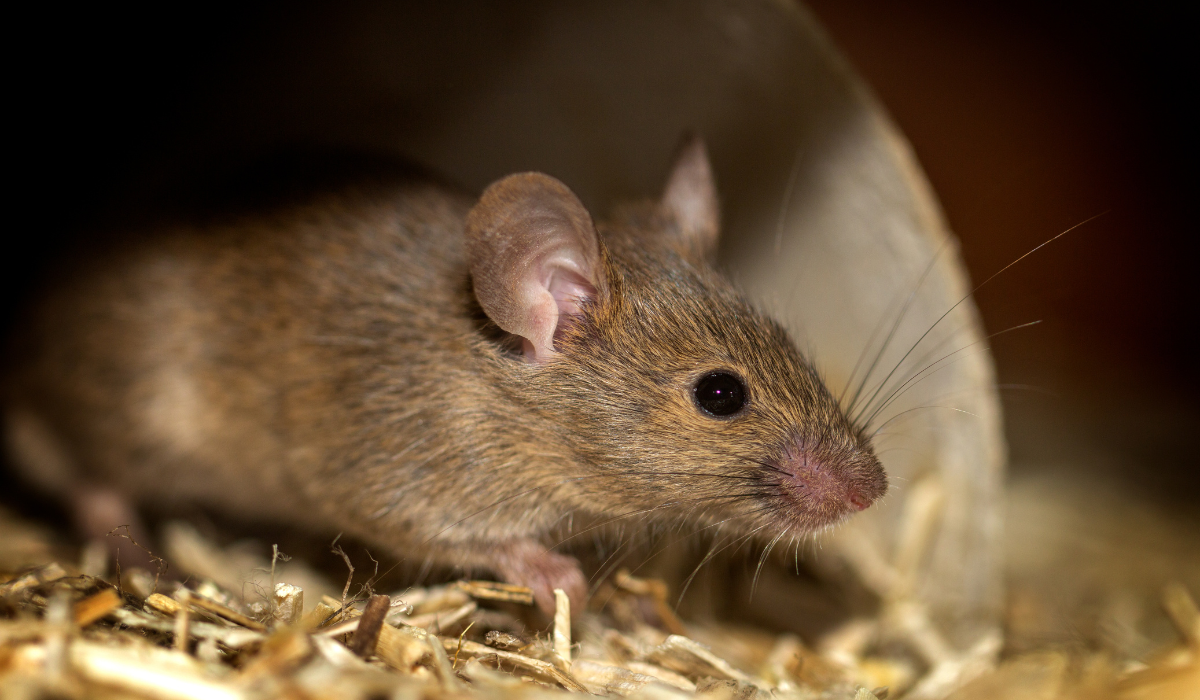Will Mice Bite you in your Sleep

Have you ever woken up in the middle of the night to strange noises in your bedroom, only to find out it was a mouse? The thought of a mouse crawling on you while you sleep and possibly even biting you can be enough to send shivers down anyone’s spine. But is it really something you need to worry about? In this article, we will explore the truth about mice infestation and their sleeping habits to answer the question: will mice bite you in your sleep?
The Sleeping Habits of Mice
Mice are primarily nocturnal animals, which means they are most active at night. They are also highly adaptable and can survive in a wide range of environments, including homes and other structures. This adaptability means that they can easily find their way into your home, and they often do so in search of food and shelter.
When it comes to sleeping habits, mice are known to sleep for short periods throughout the day and night. They are light sleepers and can be easily disturbed by noise or movement. In general, mice tend to sleep for around 12 hours per day, but this can vary depending on factors such as age, sex, and environment.
Will Mice Bite You in Your Sleep?
The idea of a mouse crawling onto your bed and biting you while you sleep is certainly unsettling. However, it is important to note that mice do not typically bite humans unless they feel threatened or cornered. Mice are generally afraid of humans and will avoid contact whenever possible.
That being said, if a mouse feels threatened, it may bite in self-defense. This is especially true if it is cornered or trapped, such as in a mousetrap. It is also worth noting that mice can carry diseases such as hantavirus, which can be transmitted through bites and scratches.
Prevention and Treatment of Mice Infestation
The best way to prevent mice from entering your home and potentially biting you while you sleep is to take steps to prevent infestation in the first place. This includes sealing up any cracks or holes in your home’s exterior, storing food in airtight containers, and keeping your home clean and clutter-free.
If you do notice signs of a mouse infestation, such as droppings or gnaw marks, it is important to take action right away. There are a variety of methods for getting rid of mice, including traps, poison, and repellents. It is important to choose a method that is safe and effective for your specific situation.
Home Remedies for Getting Rid of Mice
Mice infestations can be a major problem for homeowners, and many people turn to professional pest control services to get rid of them. However, there are also a number of home remedies that can be effective in eliminating mice from your home. Here are some natural ways to get rid of mice:
- Peppermint Oil
Mice are repelled by the strong scent of peppermint oil. Soak cotton balls in peppermint oil and place them in areas where mice are likely to be, such as near entryways or in cupboards. You can also plant peppermint around the outside of your home to keep mice away.
- Steel Wool
Mice can squeeze through very small openings, so it’s important to seal up any cracks or holes in your home’s foundation, walls, and roof. Stuffing steel wool into these openings will prevent mice from entering your home.
- Mothballs
Mothballs have a strong odor that can repel mice. Place them in areas where mice are likely to be, but be careful not to use them in areas where children or pets may come into contact with them.
- Baking Soda and Sugar
Mix equal parts of baking soda and sugar and place the mixture in areas where mice are likely to be. The sugar will attract the mice, while the baking soda will kill them.
- Ultrasonic Devices
Ultrasonic devices emit high-frequency sound waves that are irritating to mice and can cause them to leave the area. Place these devices in areas where mice are likely to be, but keep in mind that they may not be effective if you have a large infestation.
- Vinegar
Vinegar has a strong odor that can repel mice. Mix equal parts of vinegar and water and spray the solution in areas where mice are likely to be, such as near entryways or in cupboards.
- Essential Oils
Essential oils such as cinnamon, eucalyptus, and cloves can also repel mice. Soak cotton balls in these oils and place them in areas where mice are likely to be.
While these home remedies can be effective in getting rid of mice, it’s important to remember that they may not be enough to eliminate a large infestation. In such cases, it’s best to call a professional pest control service to help you get rid of the mice.
Conclusion
In conclusion, while the idea of a mouse biting you in your sleep is certainly scary, it is not something you need to worry about in most cases. Mice are generally afraid of humans and will avoid contact whenever possible. However, it is still important to take steps to prevent infestation and to take action if you do notice signs of a problem.
RECENT ARTICLES
